To provide the best experiences, we use technologies like cookies to store and/or access device information. Consenting to these technologies will allow us to process data such as browsing behaviour or unique IDs on this site. Not consenting or withdrawing consent, may adversely affect certain features and functions.
The technical storage or access is strictly necessary for the legitimate purpose of enabling the use of a specific service explicitly requested by the subscriber or user, or for the sole purpose of carrying out the transmission of a communication over an electronic communications network.
The technical storage or access is necessary for the legitimate purpose of storing preferences that are not requested by the subscriber or user.
The technical storage or access that is used exclusively for statistical purposes.
The technical storage or access that is used exclusively for anonymous statistical purposes. Without a subpoena, voluntary compliance on the part of your Internet Service Provider, or additional records from a third party, information stored or retrieved for this purpose alone cannot usually be used to identify you.
The technical storage or access is required to create user profiles to send advertising, or to track the user on a website or across several websites for similar marketing purposes.
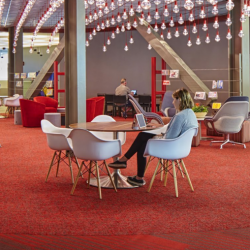 Tarkett, a provider of innovative flooring and sports surface solutions, has released the findings of the first of three Rethinking Workplace Surveys, which it is undertaking in collaboration with WKSpace. Questioning global office workers on their perceptions and experience of work and the office, the Rethinking Workplace Surveys will provide valuable insights into how best practice workplace design must adapt to the dramatic impact of the Covid-19 pandemic. (more…)
Tarkett, a provider of innovative flooring and sports surface solutions, has released the findings of the first of three Rethinking Workplace Surveys, which it is undertaking in collaboration with WKSpace. Questioning global office workers on their perceptions and experience of work and the office, the Rethinking Workplace Surveys will provide valuable insights into how best practice workplace design must adapt to the dramatic impact of the Covid-19 pandemic. (more…)





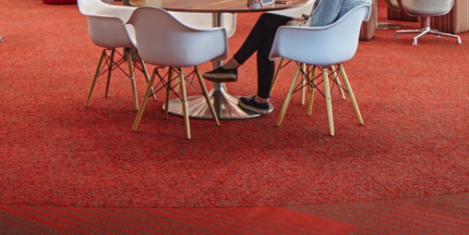
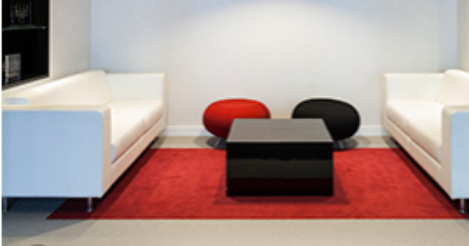
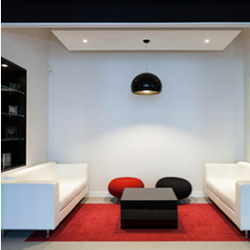 A new report, released by workplace design consultancy,
A new report, released by workplace design consultancy, 
 New research by
New research by 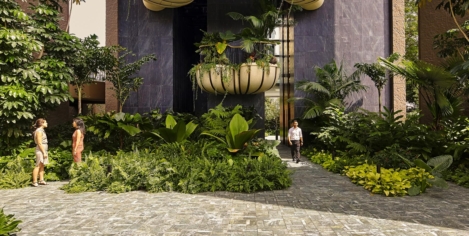




 Employees are longing for purposeful and visible changes to increase safety measures in the office, according to a new survey of 2,000 people from
Employees are longing for purposeful and visible changes to increase safety measures in the office, according to a new survey of 2,000 people from 



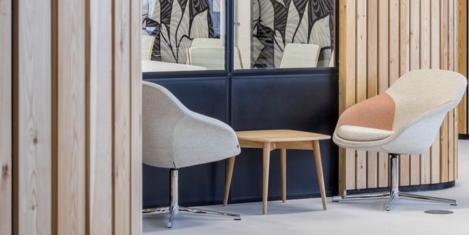
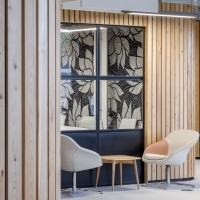


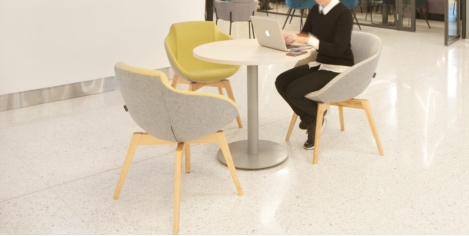
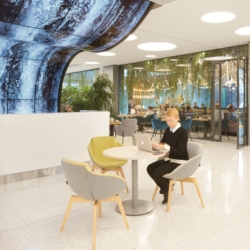









October 7, 2020
An unexpected partnership: How tech and business leaders can learn from each other
by Alexia Pedersen • Comment, Technology